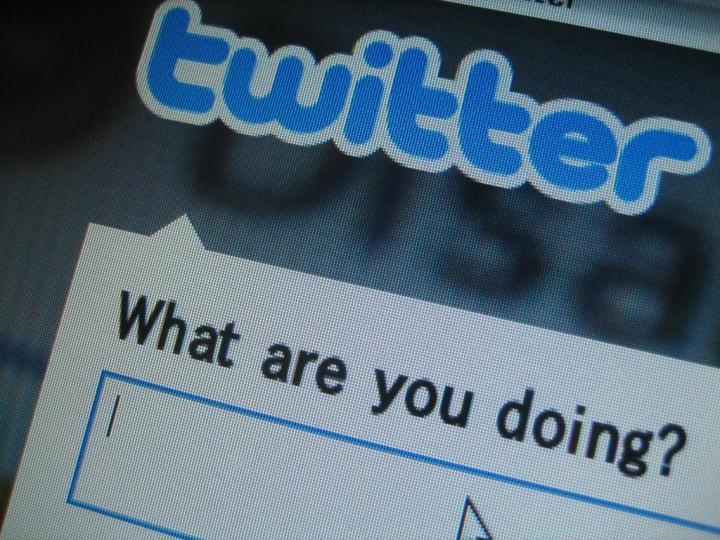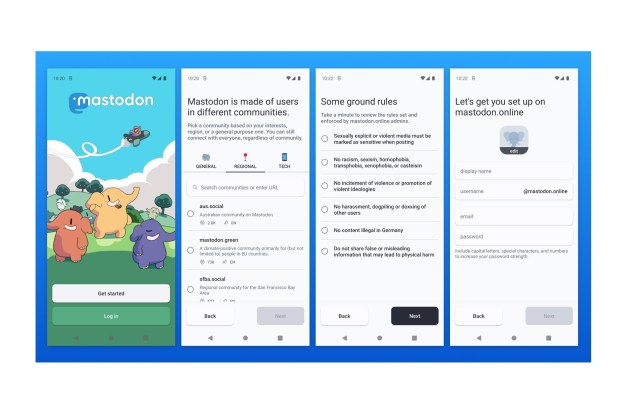
The Internet can be whatever you want it to be. It can be the perfect soapbox for your opinions. It can be a never-ending fountain of information. It can be the most convenient meeting place for like-minded individuals all over the world to share in their passions – and that includes terrorists. That’s right. The government is aware of the huge possibility that crimes are easily perpetrated online and are constantly seeking extreme efforts to crack down on illegal activity. According to a Financial Times report, the U.S. military has recently set its eyes on Twitter as a possible source for the identities of terrorist factions.
Last summer, the U.S. Special Operations Command in Washington orchestrated an eight-day experiment known as Quantum Leap, which involved gathering 50 government and industry subjects to examine how the use of technology can “identify and exploit human, commercial and information networks” in a money-laundering scenario. The draft summary of the experiment explaining this was first obtained by Steve Aftergood of the think-tank Federation of American Scientists (FAS).
The summary also mentioned the success of Quantum Leap in identifying prominent use of social media as a means to exploit human networks, including ones that have users who prefer to actively keep tabs on their privacy and security from too much Internet exposure. And the main tool used for Quantum Leap, according to the report, is Raptor-X, “an open architecture that relies on plug-ins to import, exploit and display heterogeneous data”. One of the more prominent plug-ins developed for Raptor-X was “Social Bubble,” a custom-made application that effectively searched and analyzed pertinent Twitter data summoned through the micro-blogging platform’s API. It gathered Twitter usernames, geographic locations, tweets, and other related metadata.
In the past, Twitter has done a good job protecting user information – while the likes of Google, Facebook, and Microsoft were busy embroiled in the PRISM exposé initiated by former U.S. National Security Agency analyst Edward Snowden, the micro-blogging site virtually found no reason to have to defend itself to users. So the report that Twitter knew nothing about Quantum Leap and maintained that the streams accessed by the project are public and available to anyone who wishes to access them seems highly uncharacteristic of the company.
On its part, the Special Operations Command minimized the existence of the Quantum Leap project, confirming that it was no longer funded and active. Ken McGraw of U.S. Special Operations Command told FAS the draft summary that was obtained does not reflect the final outcome of the experiment, calling the effort “small and inconsequential.” “The real focus of Quantum Leap was creating an environment and a process that would improve collaboration with interagency organizations,” McGraw explains.
As long as social media continues to be an important part of Internet culture, it will always be regarded as a target for data mining (especially by the government), for whatever reason. And because of the massiveness of the information available, one could only imagine how deep and how often these data excavations go. Various defense companies are already reportedly pawning off apps and services similar to Social Bubble to various government agencies, both local and international.
Editors' Recommendations
- Why is Twitter called X now? Here’s everything you need to know
- Meta’s Twitter rival Threads to launch on Thursday
- Twitter braces itself after source code leaked online
- Thanks to Tapbots’ Ivory app, I’m finally ready to ditch Twitter for good
- Twitter’s downfall made me look for alternatives, but they just made it worse


